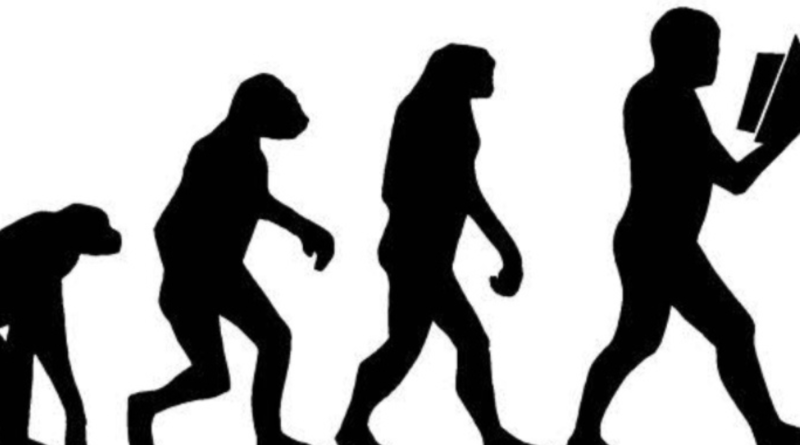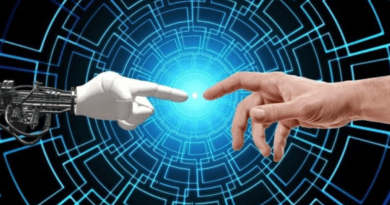Now See: This Is What Gives Us Our Human Identity?
What distinguishes humans? If anything, what distinguishes humans from all other animals?
The answer to these questions has brought us full circle to our animal nature ever since Charles Darwin proposed the idea of evolution.However, there is a much older and more distinguished history to the notion that our humanity is somehow intertwined with the non-human. Its roots can be found in Western thought dating back to classical antiquity, specifically in Greek and Roman perspectives on animals and humans.
Aristotle (384–322), the Greek philosopher, was the first to assert that humans differ from all other creatures in that we possess both speech and reason, or logos. Similar attempts were made by several Greek and Roman philosophers to identify what it is that makes people unique.
What or who is a man?
These philosophers advanced arguments that ranged from the implausible to the downright strange: The human being is the only animal that can sustain sexual relations throughout the year and into old age, can sit properly on his hip bones, and has hands capable of creating godly monuments and altars.
Nothing that was said appeared too bizarre or unrealistic.Above all, however, the claim that animals are devoid of logos remained valid. It gained sufficient power in classical antiquity to give rise to the Greek name for animals, ta aloga, which means “those without logos.”The Stoic school of philosophy adopted this stance, and as a result, Christianity was influenced by its conception of humans as being created in God’s image.
The scientist Carl Linnaeus’s renowned classification of humans as homo sapiens (literally, “the wise” or “rational man”) in the 18th century was influenced by the belief that humans and other animals are inherently different from one another.
This idea quickly became the prevalent paradigm.One should not undervalue the practical significance of this concept. The subject of whether animals should be taken into account when making decisions about justice, sometimes known as “the moral status of animals,” has historically been connected to the question of whether or not animals possess a logos.
According to this line of reasoning, animals are not able to create moral opinions for themselves since they are not humans in that they lack both speech and reason. As such, they are not deserving of our moral considerations, not in the same sense as humans.Naturally, as some modern philosophers have noted, this notion appears overly simplistic more and more.
The sometimes-astonishing abilities of some animals are demonstrated by new behavioral science research. For example, crows and otters use tools to crack open nuts or shells so they can be eaten; octopuses lift the lids of their tanks and manage to escape to the ocean through pipes; and bees optimize their flight path when making repeated trips to a food source.




